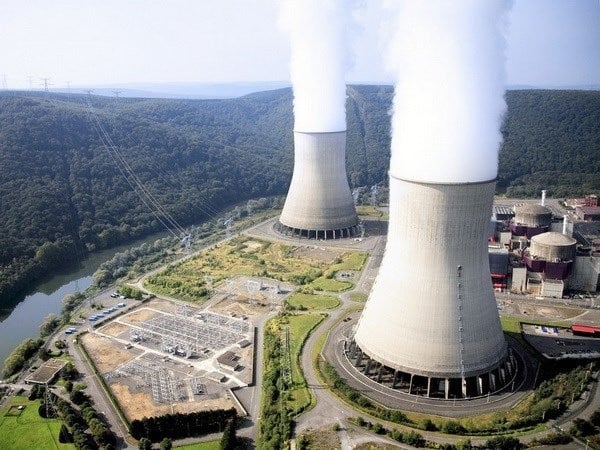 |
| Europeans worry less about the energy crisis. (Source: Getty Images) |
Good news from France
This year, France has allowed power producers to burn more coal in the coming months to prevent winter shortages, and the company Electricite de France (EDF) also said it had fixed problems that would have cut nuclear power output by nearly a quarter by 2022.
“We are entering the winter with much more confidence than we were last year,” said EDF CEO Luc Remont.
This would mean European households and businesses would not be threatened with blackouts or forced to drastically cut their consumption, which would also help to reduce energy prices, which remain high as most Russian gas exports to the region remain restricted.
Marc-Antoine Eyl-Mazzega, head of the Energy & Climate Centre at the Institut Francais des Relations Internationales think tank, said: "EDF's nuclear power output is a huge solution for the French and Western European grid. Energy bills will go down and the government will not have to worry about bailouts."
The French power giant currently has 39 nuclear reactors in operation – 12 more than at the same time last year. Another 10 reactors are expected to come back online in September.
France will become a net electricity importer in 2022 for the first time since 1980, when its nuclear output fell by 23%.
EDF’s dramatic drop in output has had repercussions across Europe, which relies on electricity imports from France. The impact is exacerbated as the region faces its worst energy crisis in decades.
Last year, Russia cut off most of its gas exports to Europe as its military campaign in Ukraine intensified. Germany, Europe’s largest economy, even postponed the permanent shutdown of three nuclear reactors to boost supplies. Electricity and gas prices hit record highs last year.
However, a miracle happened. Europe avoided a spectacular energy crisis thanks to unusually warm weather and other measures to curb demand.
Energy costs have fallen significantly but electricity prices in France are “still a bit high” and there are still worries about the coming winter, said Patrick Pouyanne, CEO of French energy giant Total Energies.
The gap between French and German electricity prices has narrowed in recent months. Energy costs could fall further if EDF overcomes technical difficulties.
“The repair is progressing with very positive momentum,” EDF Deputy Director of Nuclear Production Regis Clement stressed in an interview.
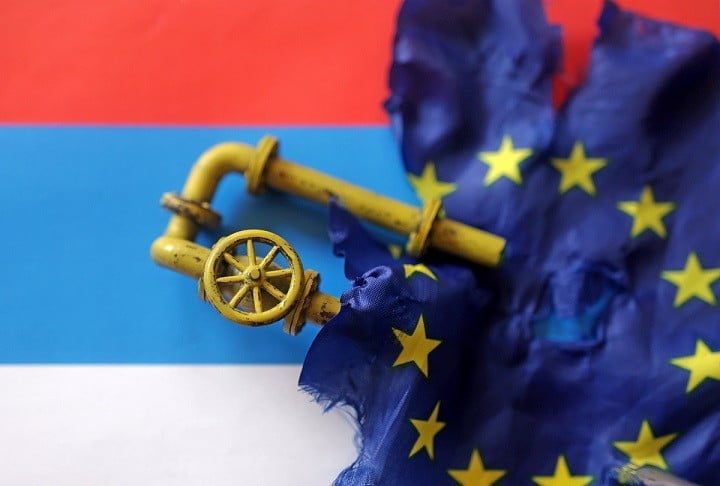 |
| The energy crisis is fading. (Source: Reuters) |
Focus on nuclear energy
Nuclear power accounts for nearly 10% of energy consumption in the European Union (EU), where transport, industry, heating and cooling typically rely on coal, oil and natural gas. Historically, nuclear power has provided about a quarter of the bloc's electricity and 15% of the UK's.
According to Al Jazeera , in Europe, before the special military campaign in Ukraine, many countries chose to "revive" nuclear energy and are continuing on this path.
In the UK, former Prime Minister Boris Johnson announced plans to build eight new nuclear plants as part of a plan to protect the country from “the wild swings in global oil and gas prices”.
Meanwhile, Poland has turned its attention to nuclear power as part of its plan to reduce its reliance on coal. The Netherlands, Sweden and Poland are all hoping for a strong recovery in this type of energy in the coming years.
In addition, Bulgaria, the Czech Republic, Slovakia, Slovenia and Croatia all have operating nuclear reactors. These countries have little incentive to phase out nuclear power and are mainly looking at expanding their capacity.
Explaining the reason for the "massive" search for nuclear energy, analysts said that European officials are under pressure to find a short-term solution to have enough energy for heating in the winter. This is also a long-term protection measure to avoid energy fluctuations due to the impact of the ongoing Russia-Ukraine conflict.
Nuclear energy is a sensitive topic within the EU. Supporters include France and the countries of Northern and Eastern Europe, who consider nuclear energy to be clean energy. The prominent opponents are Germany and Spain, who advocate promoting renewable energy and the use of liquefied natural gas in the energy transition.
However, Director General of the International Energy Agency (IEA) Fatih Birol found that in the context of the current energy crisis and high fossil fuel prices, nuclear power could return to the top position.
“This will depend on the ability of governments and the nuclear industry to mobilise the necessary investments and quickly address the problems of budget deficits and infrastructure delays,” he stressed.
Experts say the coming months could see some difficulties in the European energy market. But Robert Jackson-Stroud, EU market power analyst at ICIS, expects France to be a net exporter of electricity for most of the winter and prices are more likely to fall than rise.
“The energy crisis is fading. Unplanned outages and major strategic adjustments are behind us,” the analyst asserted.
Source


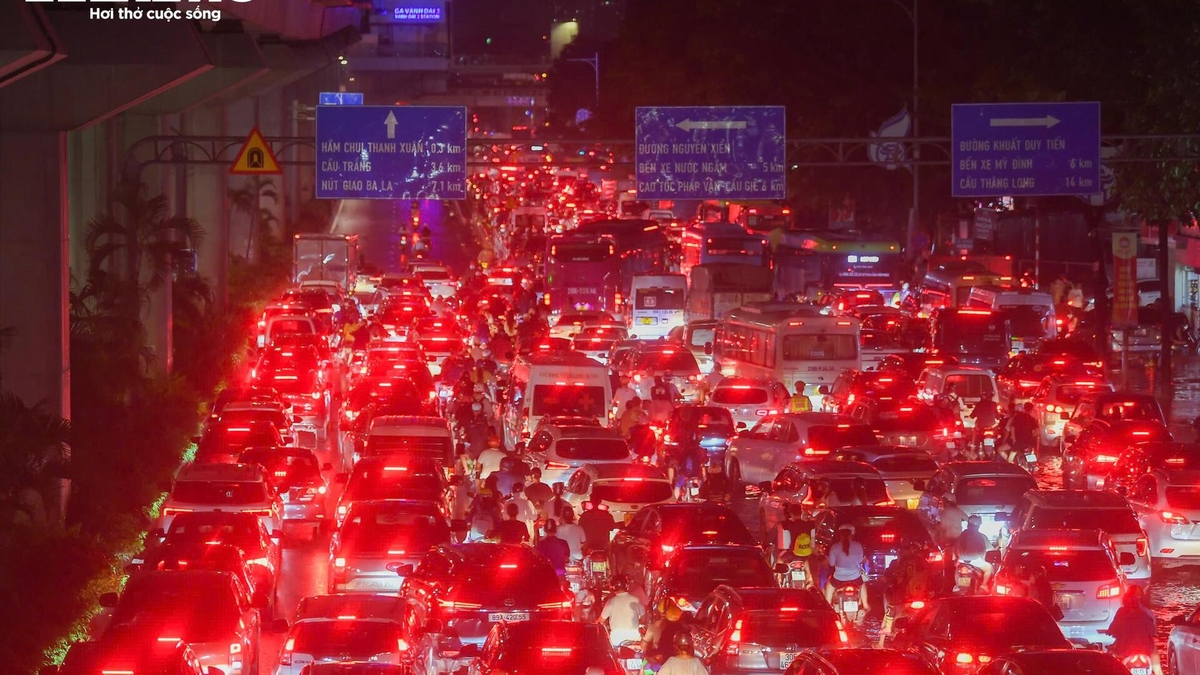
![[Photo] The 1st Congress of Phu Tho Provincial Party Committee, term 2025-2030](https://vphoto.vietnam.vn/thumb/1200x675/vietnam/resource/IMAGE/2025/9/30/1507da06216649bba8a1ce6251816820)
![[Photo] Panorama of the cable-stayed bridge, the final bottleneck of the Ben Luc-Long Thanh expressway](https://vphoto.vietnam.vn/thumb/1200x675/vietnam/resource/IMAGE/2025/9/30/391fdf21025541d6b2f092e49a17243f)
![[Photo] President Luong Cuong receives President of the Cuban National Assembly Esteban Lazo Hernandez](https://vphoto.vietnam.vn/thumb/1200x675/vietnam/resource/IMAGE/2025/9/30/4d38932911c24f6ea1936252bd5427fa)
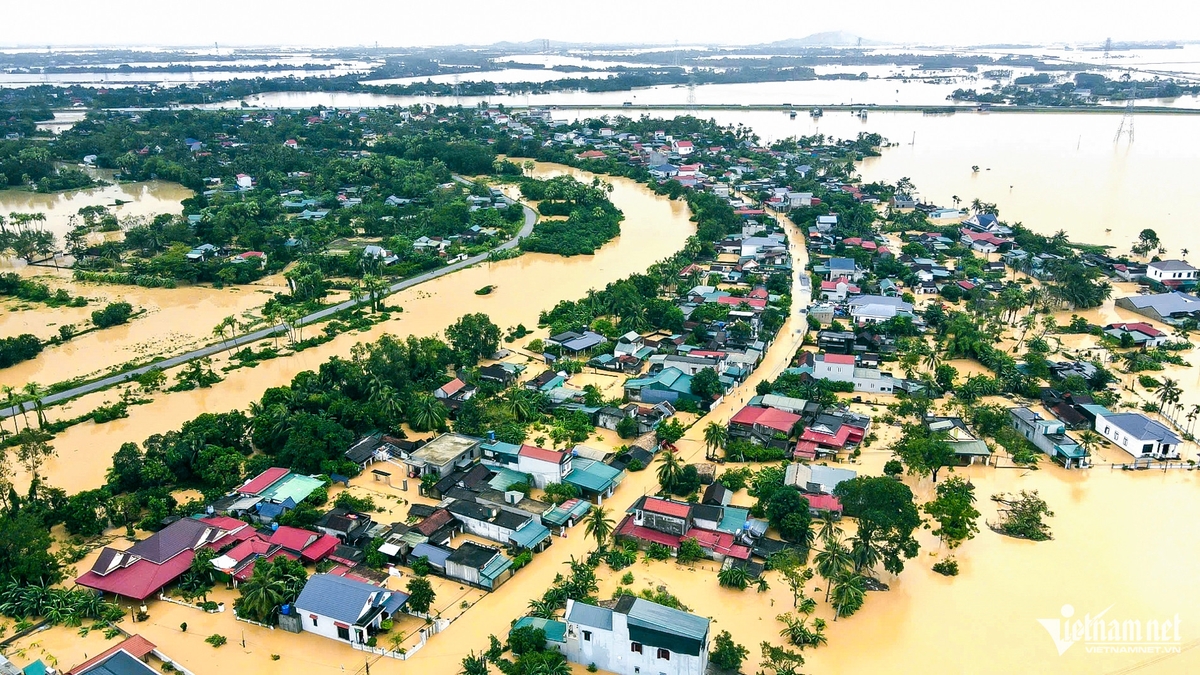






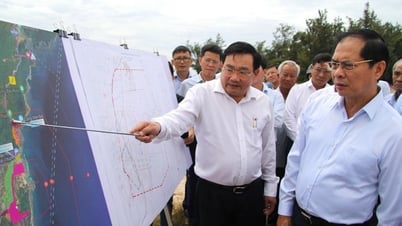

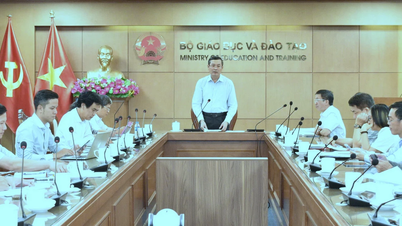


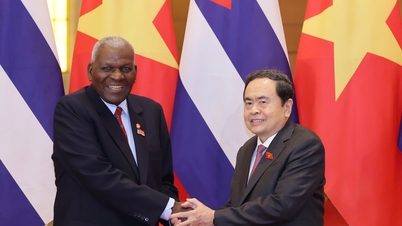

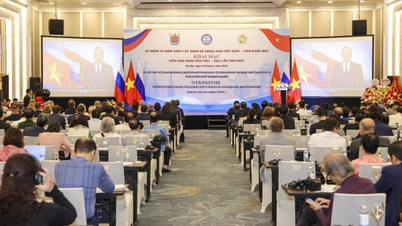


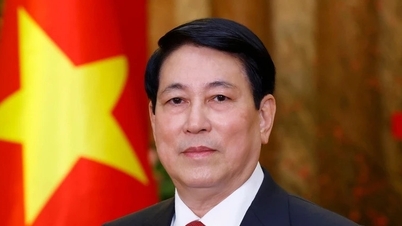











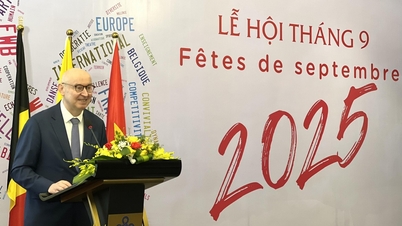
![[Photo] Solemn opening of the 12th Military Party Congress for the 2025-2030 term](https://vphoto.vietnam.vn/thumb/1200x675/vietnam/resource/IMAGE/2025/9/30/2cd383b3130d41a1a4b5ace0d5eb989d)





























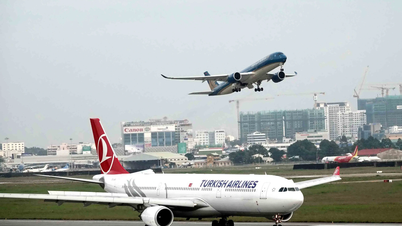



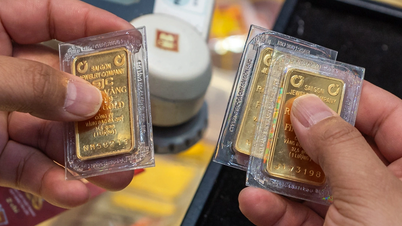








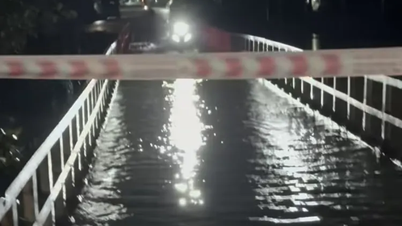




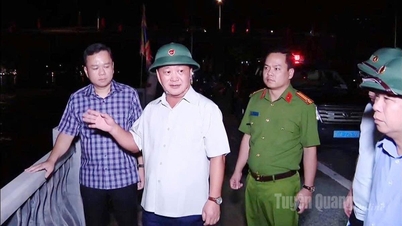

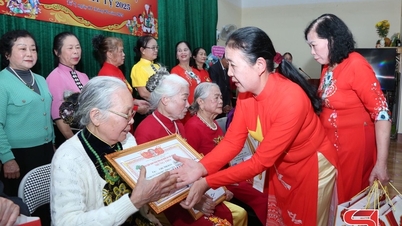

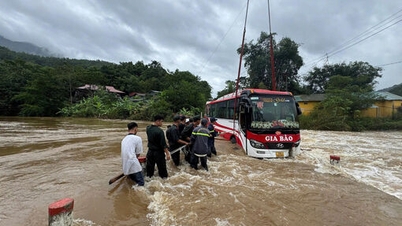











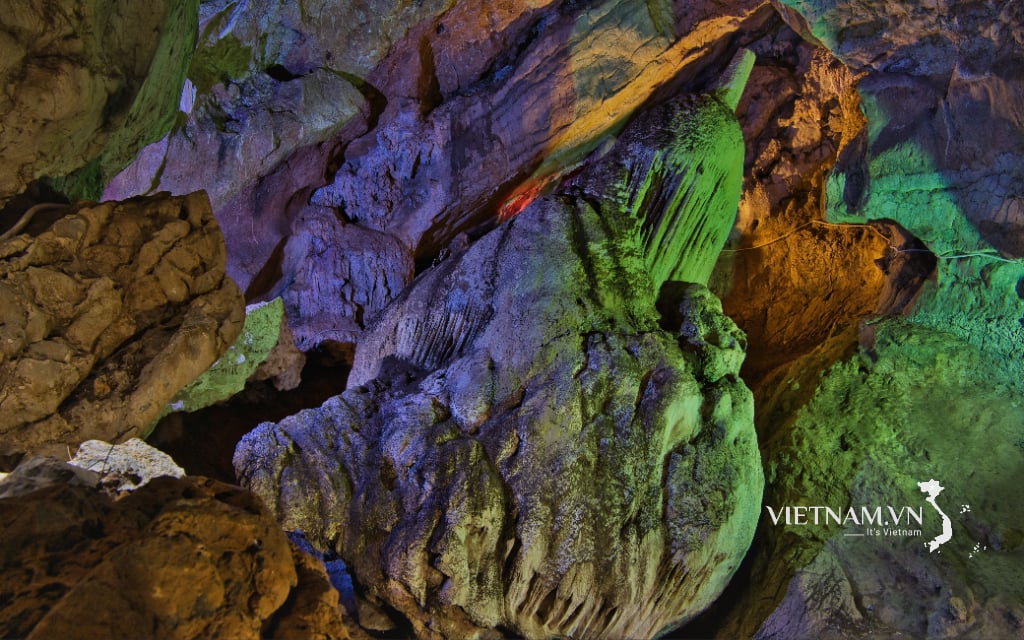


Comment (0)